Australia is a beautiful country, filled with incredible landscapes, plants, and unique animals. Over 5 million people visited the country last year, and if you’re planning a trip in the future, there are a few things you need to know.
First, don’t ask them to “put another shrimp on the barbie” or say “A dingo ate my baby.” You probably won’t get in trouble for that, but you definitely will get in trouble if you try to bring the following things into the country during your stay.
While these things may seem innocent, they’re banned, so don’t try it. If you’re ever in doubt, be sure to check with local authorities.
Fresh Fruits and Vegetables
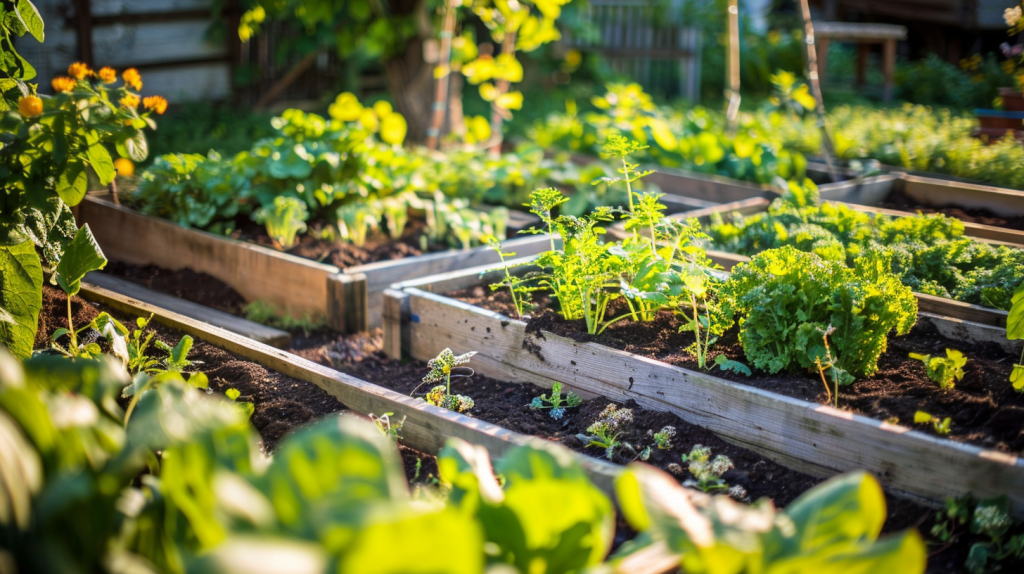
Bringing fresh fruits and vegetables into Australia is a big no-no. The country’s agriculture industry is highly susceptible to pests and diseases that can hitch a ride on produce. Even a single apple or banana could introduce a harmful insect or virus that could devastate crops.
Meat Products
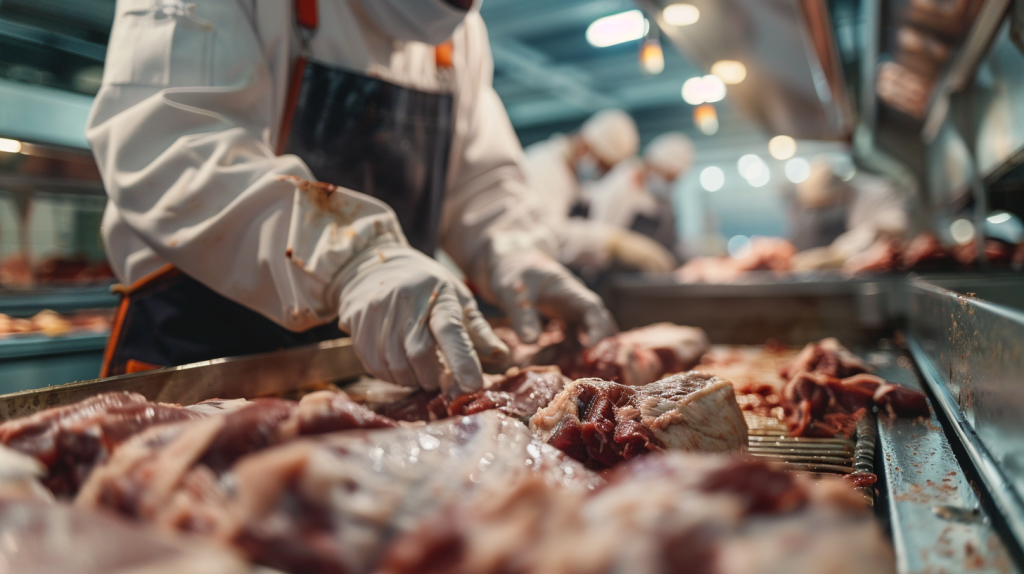
All types of meat, whether raw, cooked, or dried, are heavily restricted in Australia. This includes beef jerky, sausages, and even canned meats. The concern is that these products could carry diseases like Foot and Mouth Disease, which would be disastrous for Australia’s livestock industry.
Eggs and Egg Products
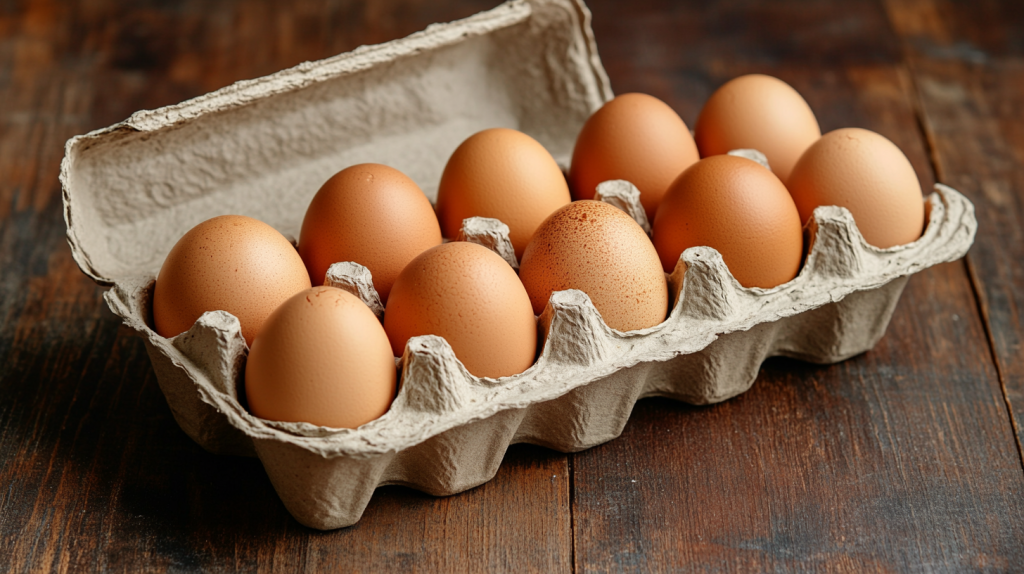
Eggs and products containing eggs are not allowed into Australia due to the risk of introducing diseases such as avian influenza. This rule also applies to powdered eggs and items like mayonnaise, which might seem harmless but pose a significant threat.
Dairy Products
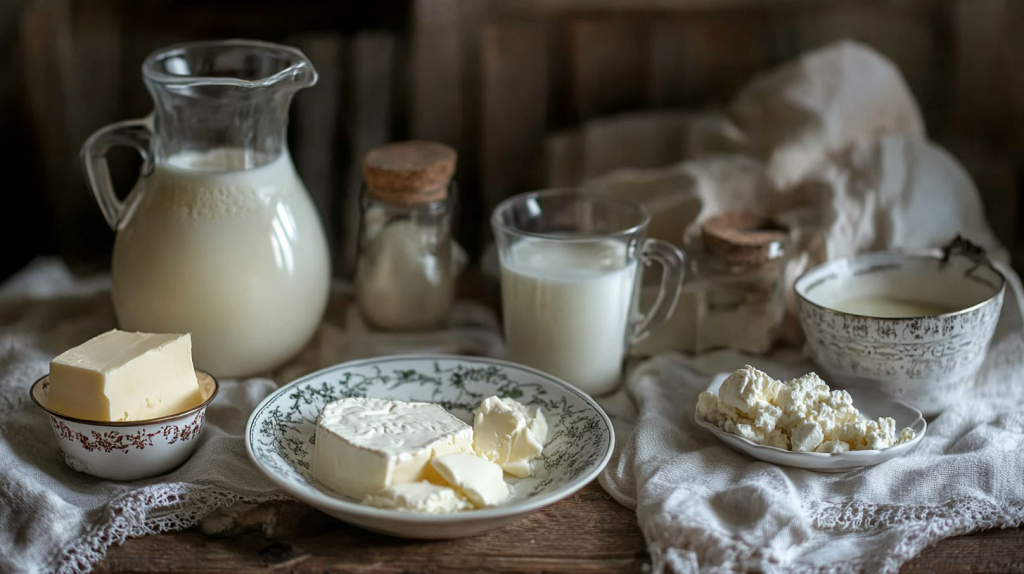
Dairy products, including milk, cheese, and yogurt, are banned from entering Australia unless they meet specific import conditions. This is to prevent the introduction of diseases like bovine spongiform encephalopathy (BSE), more commonly known as mad cow disease.
Honey and Bee Products
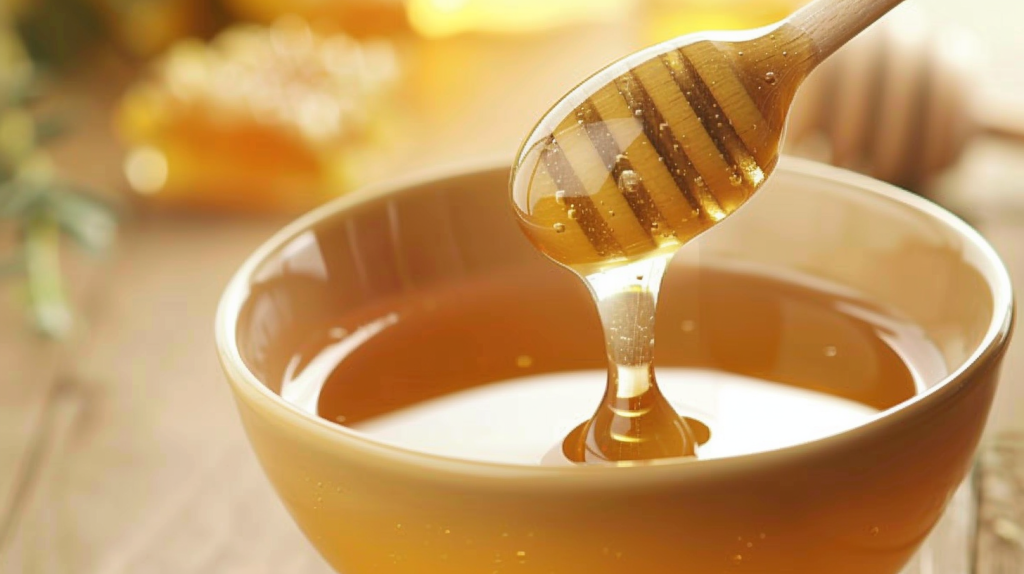
Honey and other bee-related products are prohibited because they can carry pests and diseases that could wipe out Australia’s bee population. This includes not just honey but also items like beeswax and propolis.
Nuts and Seeds
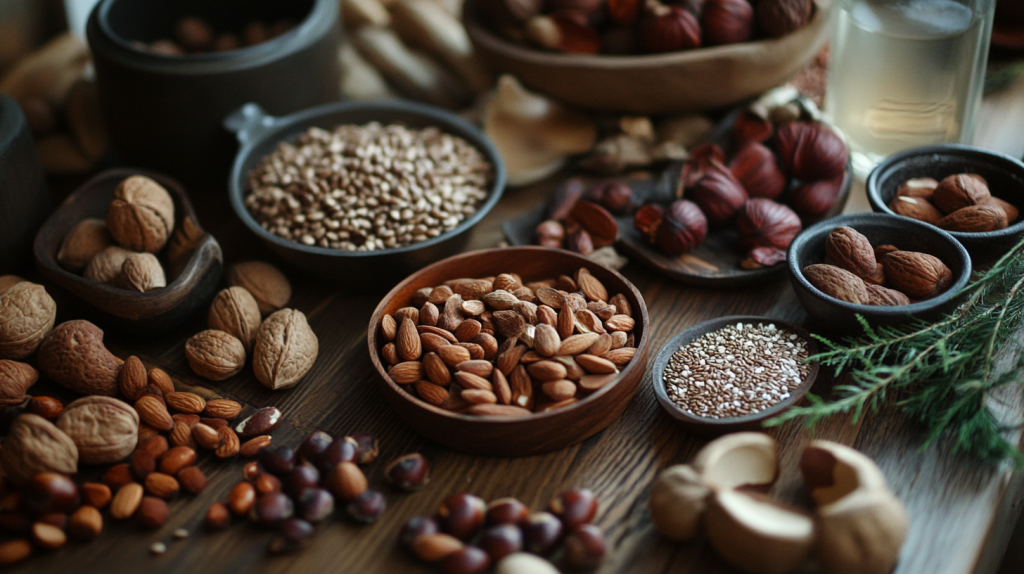
Bringing nuts and seeds into Australia is restricted unless they’ve been properly treated and certified. Many seeds can carry pests or diseases that could thrive in Australia’s environment, threatening local ecosystems and agriculture.
Wooden Items
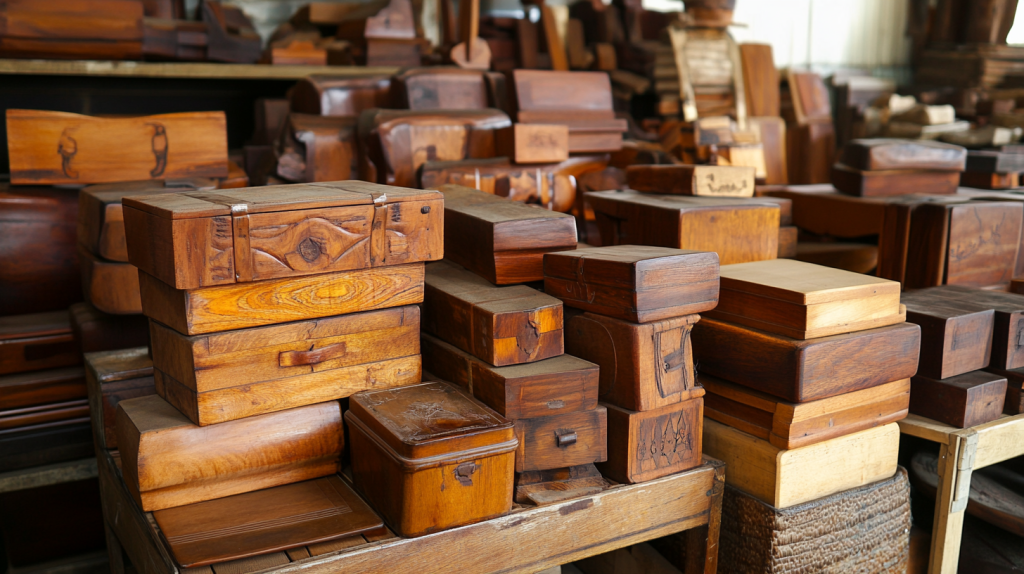
Wooden items, including souvenirs, are often banned because they can harbor pests like wood borers and termites. If you want to bring wooden goods into Australia, they need to be declared, inspected, and possibly treated to ensure they’re pest-free.
Soil and Sand
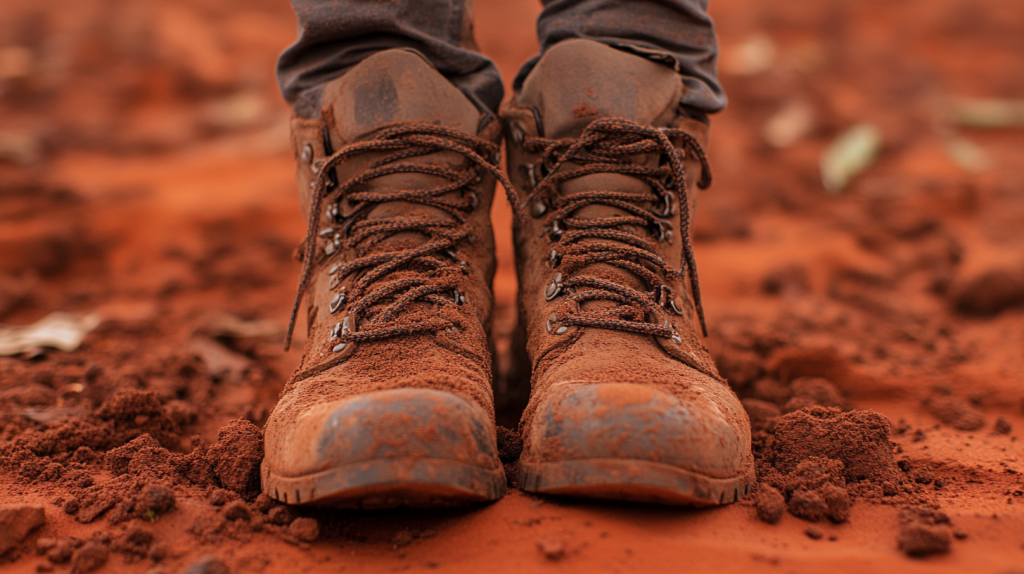
Soil and sand might seem harmless, but they can carry a range of pests, diseases, and weeds that could easily spread in Australia’s environment. Even a small amount of dirt on your shoes or camping gear could be enough to cause problems.
Feathers and Skins

Feathers, skins, and other animal products are restricted due to the risk of spreading diseases like bird flu or other animal-borne illnesses. Even decorative items made from feathers can be problematic if they haven’t been treated properly.
Herbal Medicines
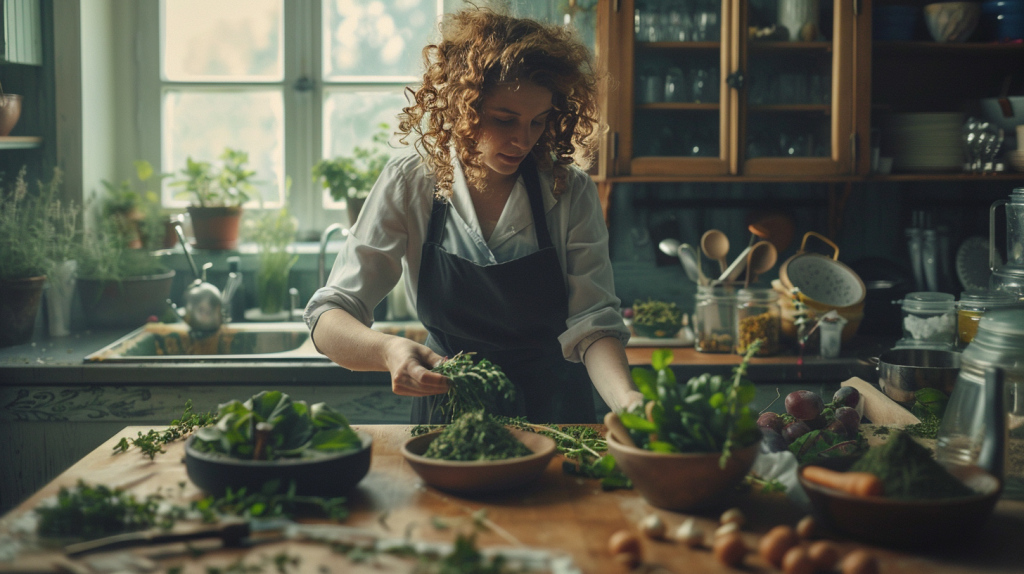
Herbal medicines and supplements are subject to strict regulations in Australia. Many herbal products contain plant material that could introduce pests or diseases. Some herbs might also be toxic to native plants and animals.
Pet Food
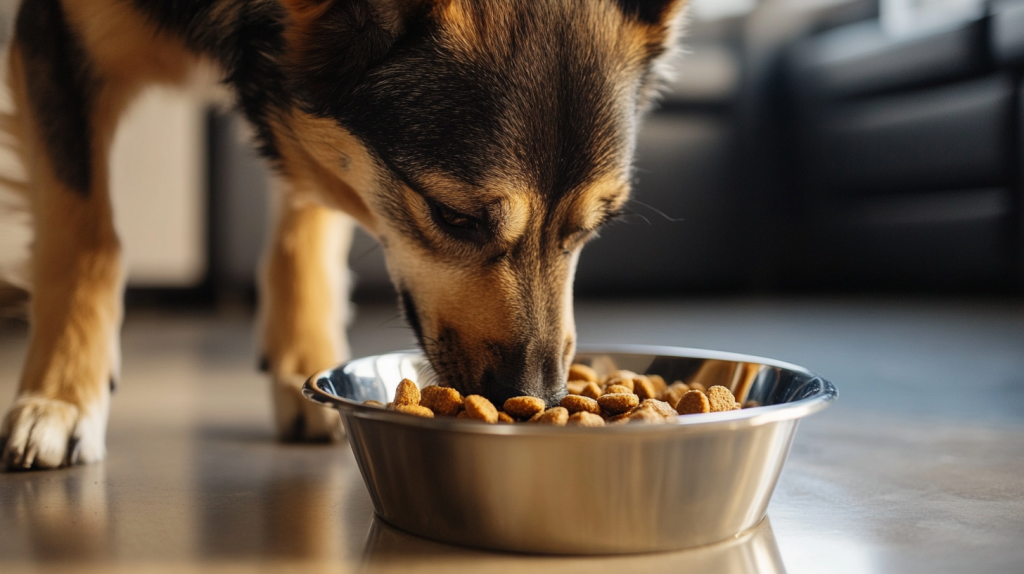
Pet food, especially those containing meat or dairy products, is restricted because it could introduce animal diseases. This rule applies to both commercial pet food and homemade treats, so it’s best to leave Fido’s snacks at home.
Live Animals
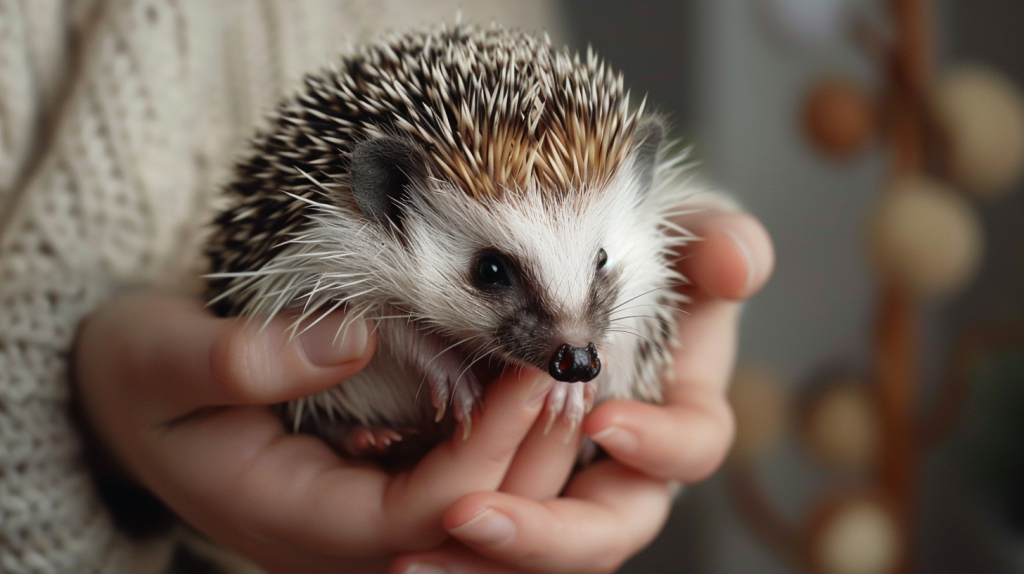
Speaking of pets, Australia has very strict rules about importing live animals to protect its unique wildlife. Even small pets like hamsters, reptiles, and fish are not allowed unless they go through a rigorous quarantine process.
Used Camping Equipment
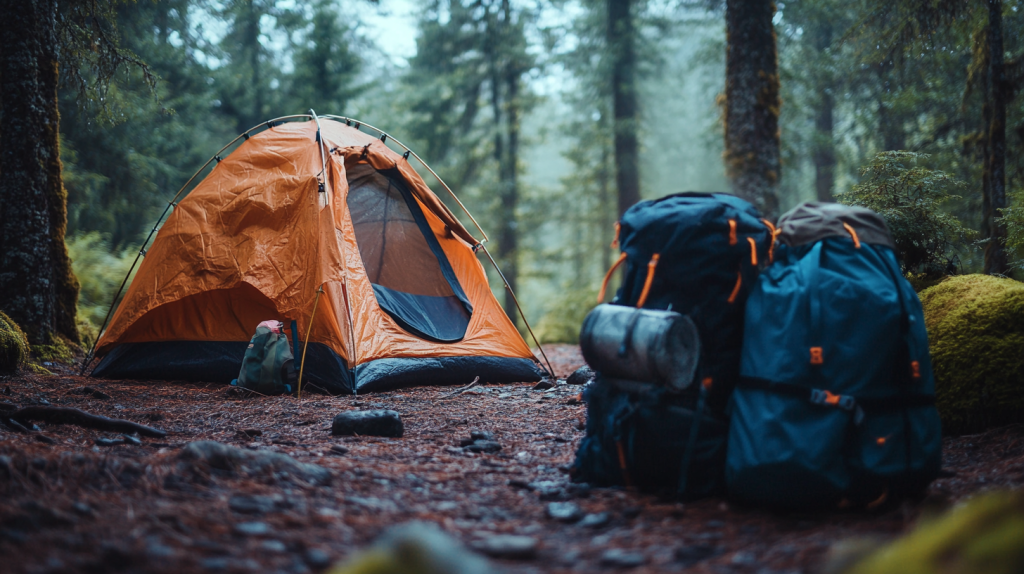
Used camping equipment, such as tents and boots, is subject to strict inspections because it can carry soil, seeds, and other organic matter that could introduce invasive species. If you’re bringing gear into Australia, make sure it’s clean and free of dirt.
Plant Materials
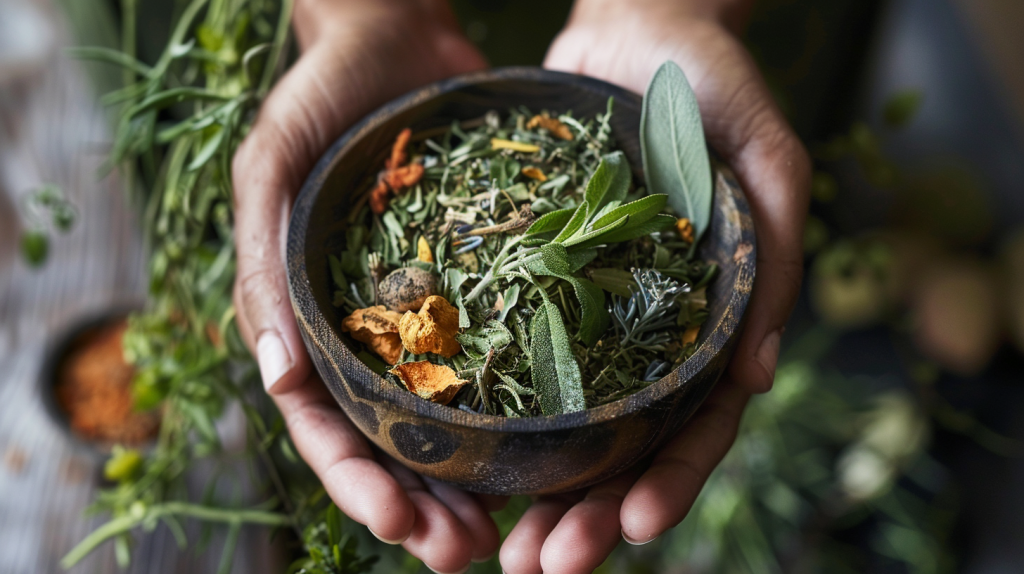
Bringing plants, cuttings, or even dried flowers into Australia is generally prohibited unless you have a special permit. Plant materials can carry pests and diseases that could spread to local crops or wild plants.
Straw Products
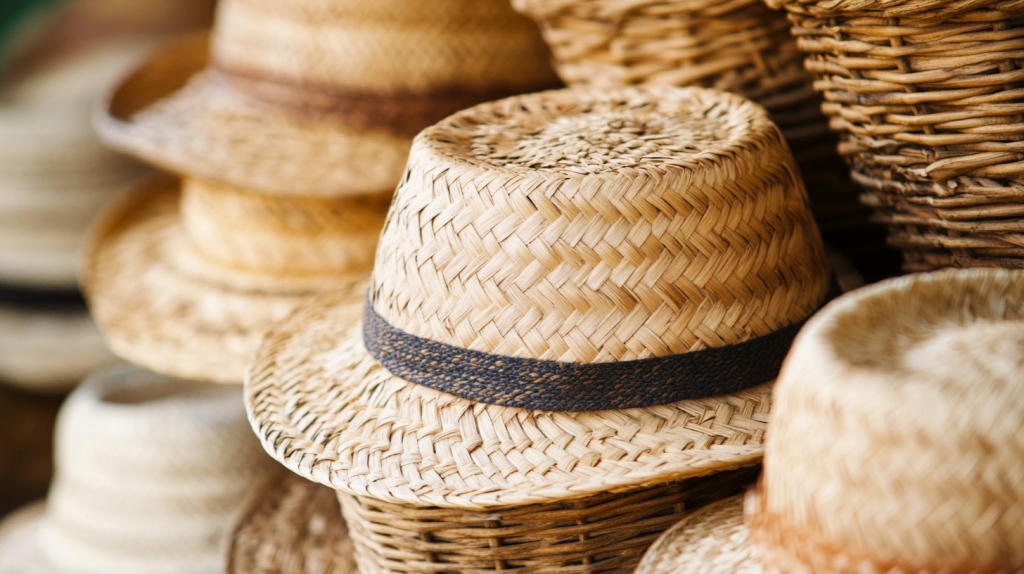
Straw products, including straw hats and baskets, are banned because they can harbor pests and seeds. The straw could contain insects or fungi that might not have natural predators in Australia, allowing them to spread unchecked.
Certain Medications

Certain medications are restricted in Australia, especially those containing controlled substances. Even over-the-counter drugs like cold medicine can be problematic if they contain ingredients that are regulated. Always check before bringing medication into the country.
Fertilizers
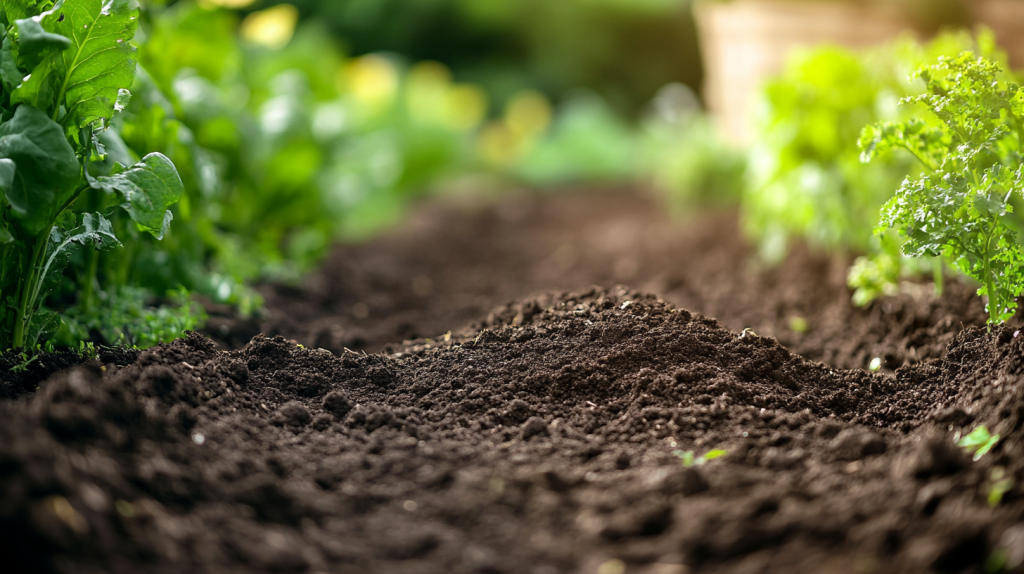
Fertilizers, particularly those containing organic material, are banned from entering Australia because they could introduce harmful pathogens. Even a small amount of garden fertilizer can pose a significant risk to the country’s agricultural industry.
Fresh Flowers

Fresh flowers and bouquets might be beautiful, but they’re not allowed into Australia without special clearance. Flowers can carry pests, diseases, and even small insects that could become invasive species in the country.
21 Things Pilots Are Forbidden to Do During Flights

Have you ever wondered what rules pilots must follow while they’re in the cockpit? Being a pilot is a job that comes with a lot of responsibility and a strict set of rules to ensure the safety of everyone on board.
These rules ensure that pilots maintain the highest standards of safety and professionalism while flying. By adhering to these guidelines, they help ensure that every flight reaches its destination safely.
Read More: 21 Things Pilots Are Forbidden to Do During Flights
Ellen has been obsessed with logic puzzles, jigsaws, and cryptograms since she was a kid. After learning she was taught how to play chess wrong by a family friend (so they could win), she joined her school chess club and the rest is history.


